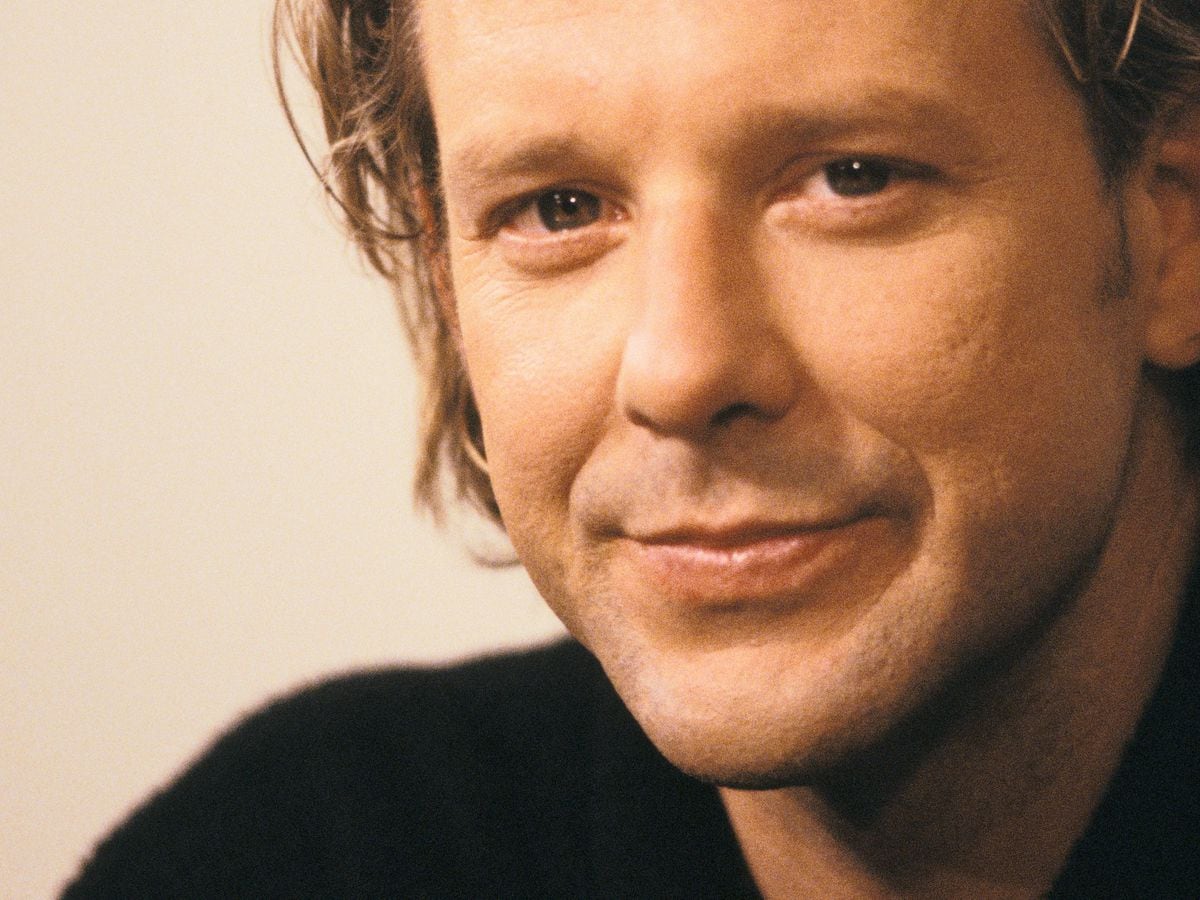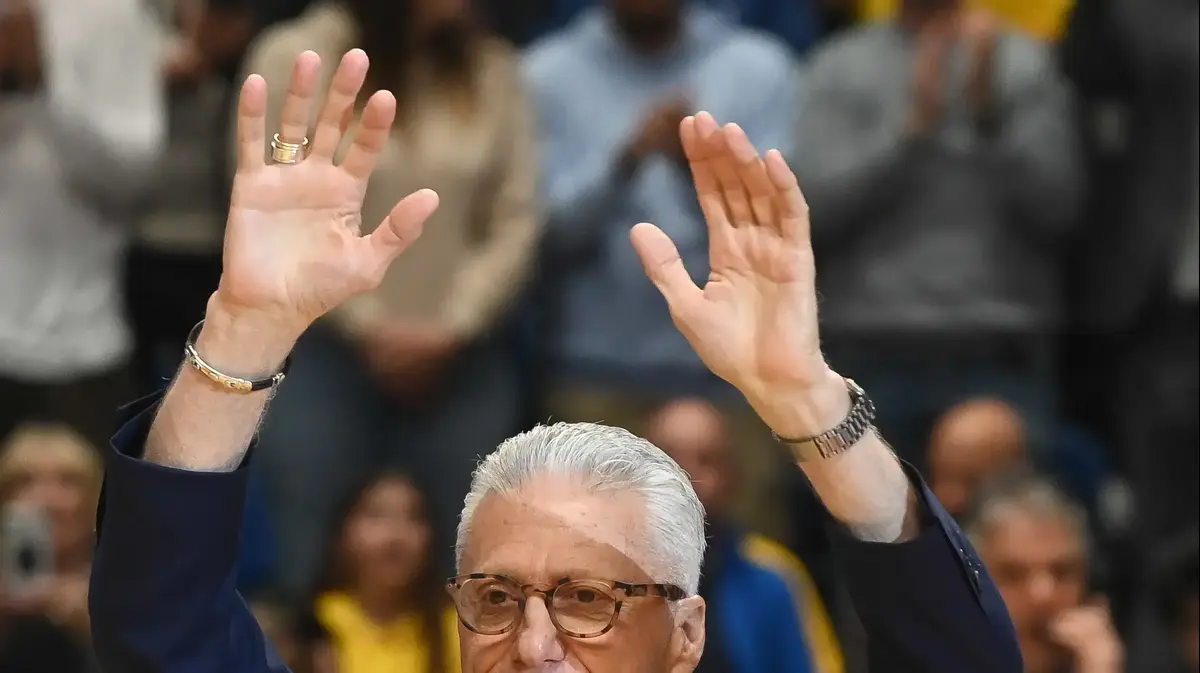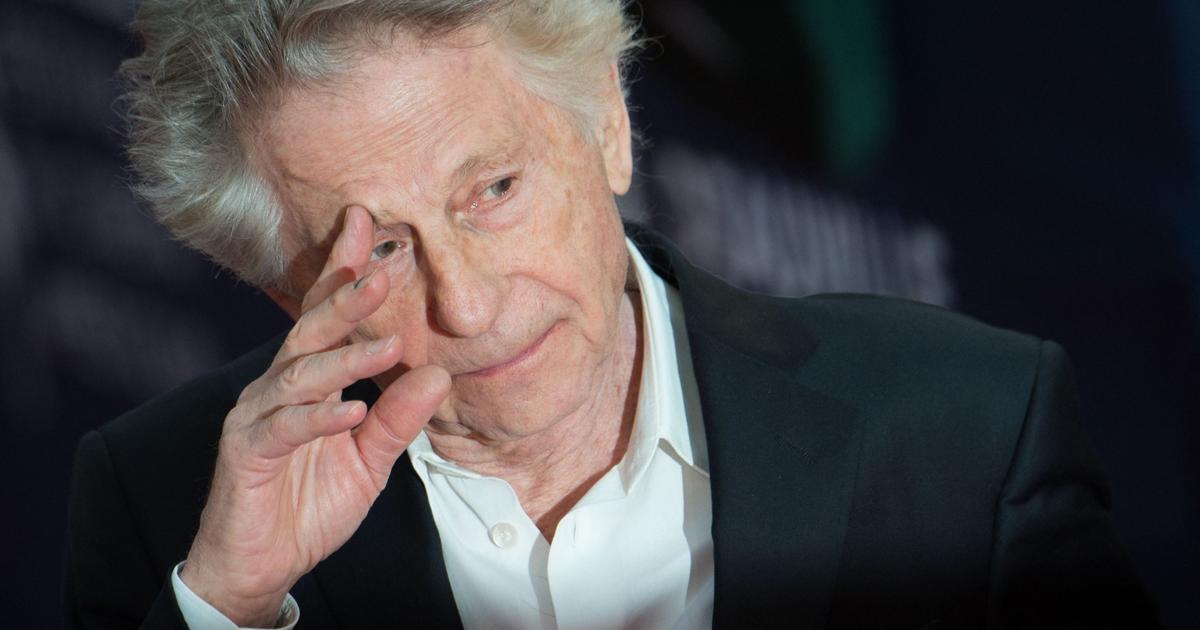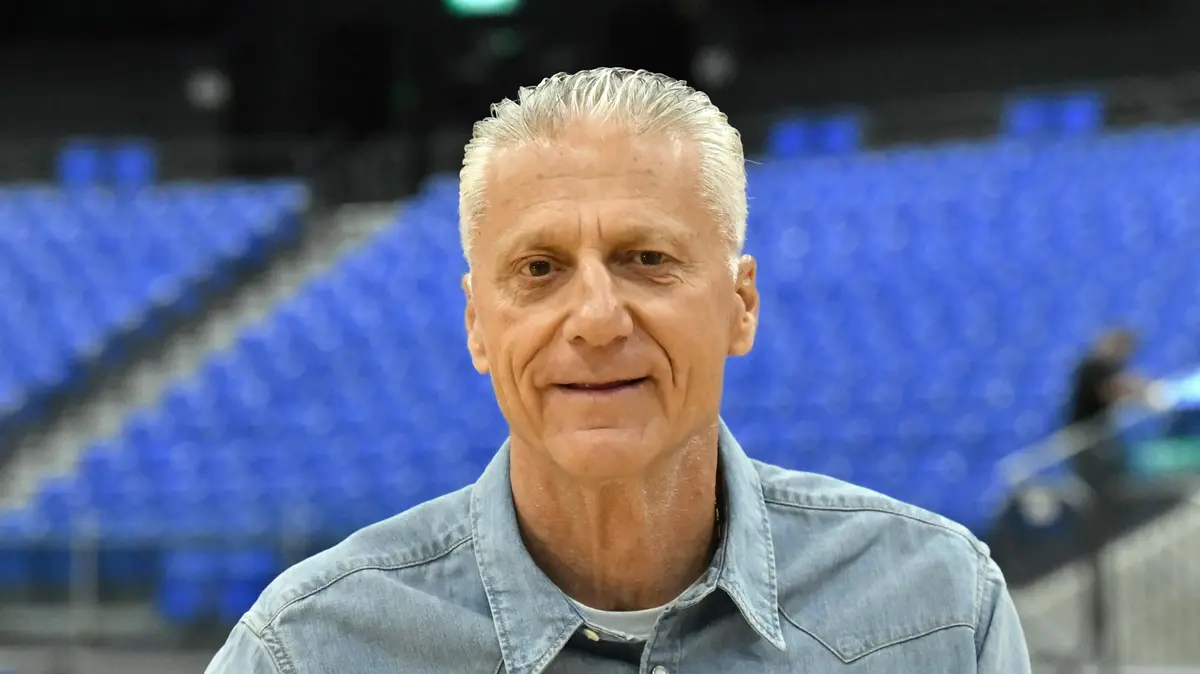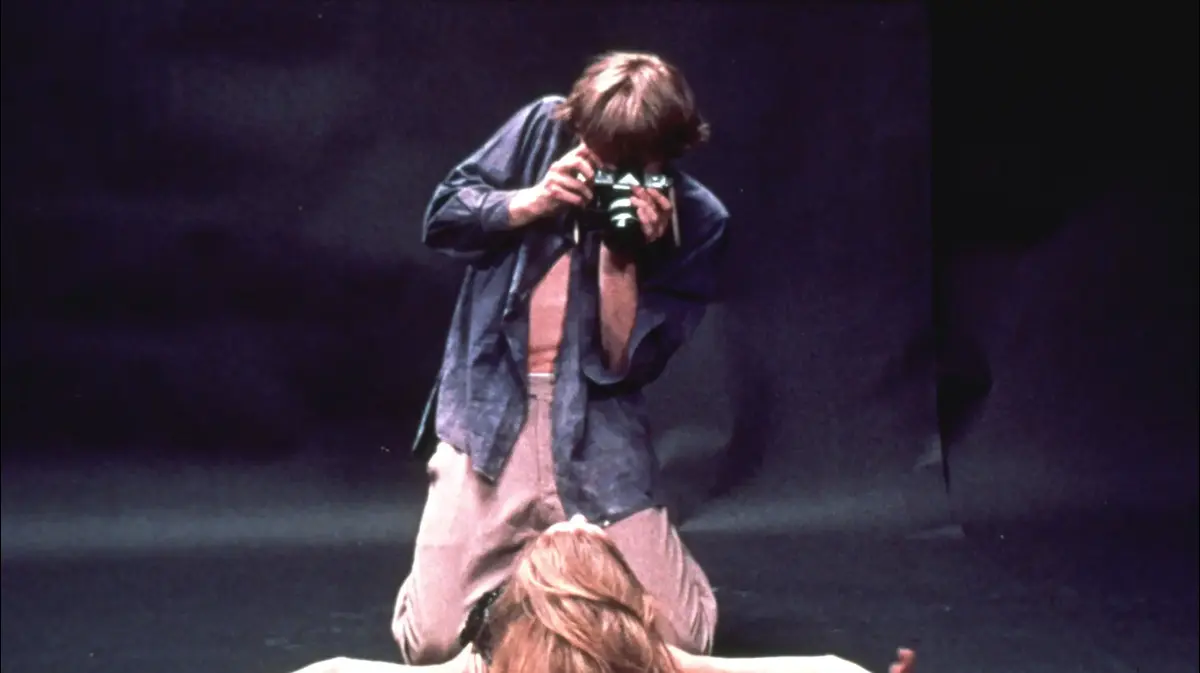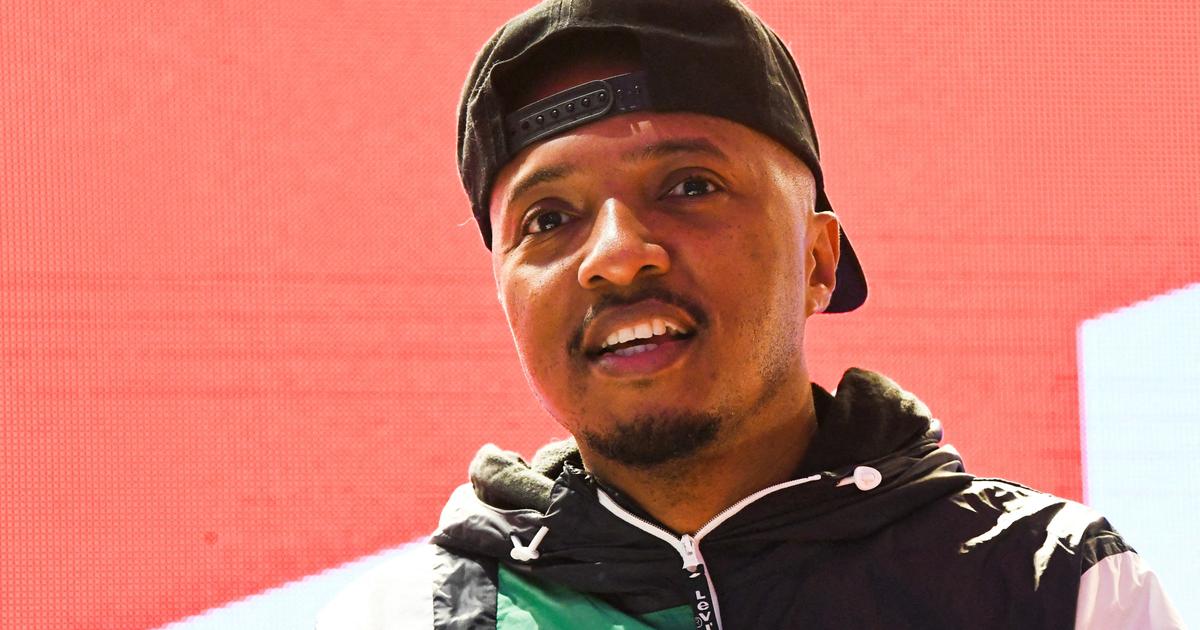In his memoir
Stories I Only Tell My Friends
(Stories I only tell my friends) Rob Lowe recalls his first meeting with Mickey Rourke (Schenectady, New York, 1952) during the filming of
Rebels
(1983).
“A man dressed as a homeless man enters.
He has long, dirty hair, a stubble, and
ripped, stained
Mad Max leather pants.
He goes on roller skates.
Francis [Ford Coppola] walks up to him and they meet at a corner.
The other actors point at him and whisper.
'It's Mickey Rourke!' says one of them.
'Who?' I ask.
I have never heard of him, but they adore him as if he were the favorite son of Laurence Olivier and Jesus Christ.
'He's the next James Dean,' someone says and everyone nods."
The great promises of the American cinema of the eighties huddled together in that group of worshipers.
In addition to Lowe, there was Matt Dillon and Tom Cruise.
A couple of months ago Rourke made headlines for criticizing the
Top Gun
star .
During an appearance on the British program
Piers Morgan Uncensored
he called it "irrelevant".
“Cruise has been doing the same role for 35 years.
I have no respect for him."
Although there was a day when Rourke's name meant everything and Cruise's nothing, now the few times he appears in the headlines is for statements like this or for his frequent surgeries.
Some surgeries that have completely changed the face of what was once one of the most beautiful men in the world.
Gone are the days when the
Los Angeles Times
defined him as "a young Hollywood lion, an actor with the melancholic intensity of the first Marlon Brando, the electricity of James Dean and the emotional charge of John Garfield."
Mickey Rourke cuts a sleeve to the camera in a photograph taken in 1985. Michael Ochs Archives (Getty Images)
What cut short his promising career?
The pop culture website
Vulture
spoke to many of the people who dealt with him throughout his career and the answer is clear: Rourke's biggest problem has been, and remains, Rourke.
And he is aware.
“I've had great moments in some movies, moments that most actors out there now couldn't play in their entire lives.
But I've also made some mistakes.
I don't blame anyone else.
I just hope I can learn from them,” he told the
Los Angeles Times
.
poetic and ghostly
When Rourke visited the filming of
Rebels
, he had already played a mythical role: he was The Boy on the Motorcycle in
The Law of the Street
(1983), a beautiful failure by Francis Ford Coppola that fell in love with the critics but left the public indifferent.
His was a poetic and ghostly character, color blind and half deaf, and he was a beautiful and talented actor who did not need to invent an aura of rebellion and dangerousness because he came with her as standard.
The day Rob Lowe met him, Coppola had offered him one of the lead roles in
Rebels
, but he turned it down (he would end up being played by Patrick Swayze).
An actor is shaped by both the roles he accepts and the ones he rejects, and the list of hits Rourke said “no” to is more dazzling than the ones he ended up playing.
He got a call from Dustin Hoffman to co-star in
Rain Man
, which won four Oscars in 1988, including Best Picture.
He also turned down roles in
The Immortals, Platoon, Eliott Ness's The Untouchables
or
Pulp Fiction
(that role, that of boxer Butch Coolidge, ended up being a turning point in Bruce Willis' career).
Mickey Rourke, Ray Mancini and Matt Dillon, in 1985. Michael Ochs Archives (Getty Images)
And that Rourke was attracted to boxing before the movies.
He had grown up in a tough neighborhood in Miami, his father abandoned him when he was little, and he was abused by his mother's new husband, a violent police officer.
He took refuge in boxing and tried to follow in the footsteps of his idol Muhammad Ali.
After two concussions and a broken shoulder for him, doctors forced him to take a break.
While recovering he played a small part in a play by Jean Genet at the University of Miami.
"I didn't know what the hell he was doing, but I loved him."
He went to New York and joined the Actor's Studio, where he was as quick to dazzle everyone with his talent as he was to argue with the school's mastermind, Lee Strasberg.
His first film role was a brief intervention as an arsonist in
Fuego en el cuerpo
(1981).
Getting noticed next to the sweaty bodies and razor-sharp retorts of Katheleen Turner and William Hurt had a lot of merit.
“It was in that movie that I noticed him for the first time,”
Steve Buscemi , his partner in
Animal Factory
(2000)
, declared years later.
He also did not leave Eric Roberts indifferent when they acted together in
Thirst for Power
(1984), an unknown gem about a pair of New York thieves.
"Mickey doesn't learn the lines, his thing is 95% improvisation."
That fondness for going it alone would end up taking its toll on him.
kiss an ashtray
Adrian Lyne, his director in
Nine and a Half Weeks,
He stated that Rourke did not make it easy for him during filming, it was difficult for him until he got to the set.
“He went out a lot at that stage of his life and it was difficult for him to fall asleep.
I even put someone out of his room to try to keep him from going out all night.”
Nine and a Half Weeks
was originally
going to be directed by Bob Rafelson (who already had another high-octane movie to his credit with the kitchen as a sex playroom,
The Postman Always Rings Twice ).
) and had to star in it with Sam Shepard and Jacqueline Bissett, but ended up in the hands of the British Adrian Lyne, who preferred to call Rourke and ex-Bond girl Kim Basinger.
Rourke went to great lengths to boycott the production.
Obsessed with Billy Idol, he insisted on disheveling the neat New York
yuppie
look every day that the makeup department worked hard to rebuild and his already legendary lack of hygiene did the rest.
“It was like kissing an ashtray,” Basinger declared years later.
Mickey Rourke and Kim Basinger in a promotional image for 'Nine and a Half Weeks' (1986). Archive Photos (Getty Images)
Nine and a Half Weeks
(1986)
,
which the
Wall Street Journal
called "a long ad for Calvin Klein's
Obsession
," was a critical and commercial failure in the United States, but a success in Europe.
In France, it remained on the bill for two years.
Despite the contempt of the critics, the film left behind iconic images, sold millions of soundtrack albums, caused many eighties couples to coat themselves in the most absurd culinary products and turned its protagonists into sex bombs.
A path that Rourke followed in
The Heart of the Angel
(1987), a dark supernatural thriller in which he had a hypnotic duel with Robert de Niro.
Director Alan Parker was another victim of Rourke's infernal character.
"Working with Mickey is a nightmare," he told
People
.
"He is very dangerous on
set
because you never know what he is going to do."
It didn't take long for Rourke's poor (or bizarre) choices when it came to choosing roles to affect his career.
He was a copy of Charles Bukowski in
The Drunkard
(1987), the adaptation of a script by the writer himself, and he blended in with him so much that when Bukowski died, the
New York Post
mistakenly used a photo of the actor in his obituary.
He starred in
Wild Orchid
(1990), another high-octane thriller and laughable screenplay that unsuccessfully attempted to emulate the success of
Nine and a Half Weeks
.
Nobody said anything good about her, but at least it helped him meet her wife Carré Otis.
Mickey Rourke addresses the press after a boxing match in the early 1990s. Steven D Starr (Corbis via Getty Images)
His career was beginning to fall off the cliff and the variations in his face were more news than his films.
The yellow press speculated on aesthetic operations while he blamed it on boxing.
“My nose was broken twice.
I had five operations on my nose and one on a broken cheekbone.
I had to have cartilage removed from my ear to rebuild my nose and had to have a couple of operations to scrape away the cartilage because the scar tissue wasn't healing properly.
That was one of the most painful operations, but the worst was the hemorrhoids,” he stated.
"Most of the operations were to fix the mess on my face from boxing, but I picked an unsuitable guy to do it."
Oviedo, decadence and rebirth
At 39, he returned to the ring.
In 1991 he starred in a sultry evening in Oviedo.
The popular mayor Gabino de Lorenzo and the Telecinco
Pressing Boxing
program organized a fight in Oviedo that was also attended by Samantha Fox and Grace Jones.
A millionaire and shameful nonsense in which, after a night full of alcohol and narcotics, both he and his rival arrived at the
ring
looking pitiful and indulged in an obvious tongo.
His career plunged into decline.
He already only accepted papers for money.
She participated in the embarrassing second part of
Nine and a Half Weeks
(1997) and had small hints of return in
Self Defense
(1997), again with Coppola;
Buffalo 66 (1998), the promising
indie
adventure
by Vincent Gallo and
El Juramento
(2001),
by Sean Penn.
The generation of actors who had fallen in love with The Boy on the Motorcycle were eager to give it a try.
He came to her with the stony Marv from
Sin City
(2005) and confirmed by his celebrated comeback in
The Fighter
(2008).
“Darren Aronofsky told me: nobody wants me to do this movie with you because you are not a star anymore and you have been ruining your career for 20 years, but if I get the money to do it you will listen to everything I say and you will not disrespect me.
Besides, I can't pay you.
When I heard it I thought: 'If you have the balls to say that, you're my kind of man.'
Actor Mickey Rourke at the Oscars Nominees Luncheon held at the Beverly Hilton Hotel in California in February 2009. Rourke was nominated for his role in 'The Wrestler.' ROBYN BECK (AFP via Getty Images)
Rourke, who was already 56 years old, trained for months, did all the stunts and immersed himself in a story, that of a wrestler in decline, that reminded him too much of his own.
The film brought him a Bafta, a Golden Globe and an Oscar nomination that ended up in the hands of Sean Penn, but Rourke was the moral winner and allowed himself to believe his own resurrection.
He was in
Iron Man 2
and
The Expendables
(both 2010), but he didn't bother to read the scripts anymore.
“You can be mediocre, like most actors, and still be an A-list movie star, even if your movies are boring and predictable.
All you have to do is know how to sell yourself, let yourself be manufactured,” he told the
Los Angeles Times
.
His fall from grace in Hollywood took its toll on his mental health.
He separated from Carré Otis, who accused him of mistreatment.
He spent almost five months without leaving his house and ended up finding peace in the most unexpected place: his dogs.
“I started to self-destruct 14 years ago, when everything fell apart: my wife left me, I was sidelined at work, my career was over, I had no money... but the dogs were always there.
I don't have children, so they are everything to me.
When I was really bad, I remember looking at them and seeing how they encouraged me to continue, to take care of them”.
Gone were the successful days when he could do crazy things like buy six Cadillacs for cash in one night.
“No one knew how broke he was.
I was paying $500 a month for a one-bedroom apartment with a patio for my dogs."
The dogs became his great support, especially his chihuahua Locki with whom he frequently saw him on red carpets until his death.
"If I could get a job walking dogs and get paid the same amount I do making movies, I would never make another movie," he told Alec Baldwin on an episode of the Baldwin podcast.
Here's the Thing
.
Mickey Rourke strolls the streets of Los Angeles with one of his beloved pooches in January 2017.gotpap/Bauer-Griffin (GC Images)
As walking dogs is not a very lucrative profession, Rourke has continued to dedicate himself to cinema and is a true Stakhanovite: he has ten films pending release (including one with the Spanish Ana Fernández) and
The palace,
the next work by Roman Polanski.
Perhaps it is the umpteenth, and who knows if definitive, resurrection of what was once the most handsome man in Hollywood.
You can follow ICON on
,
,
, or subscribe to the
Newsletter here
.
.

